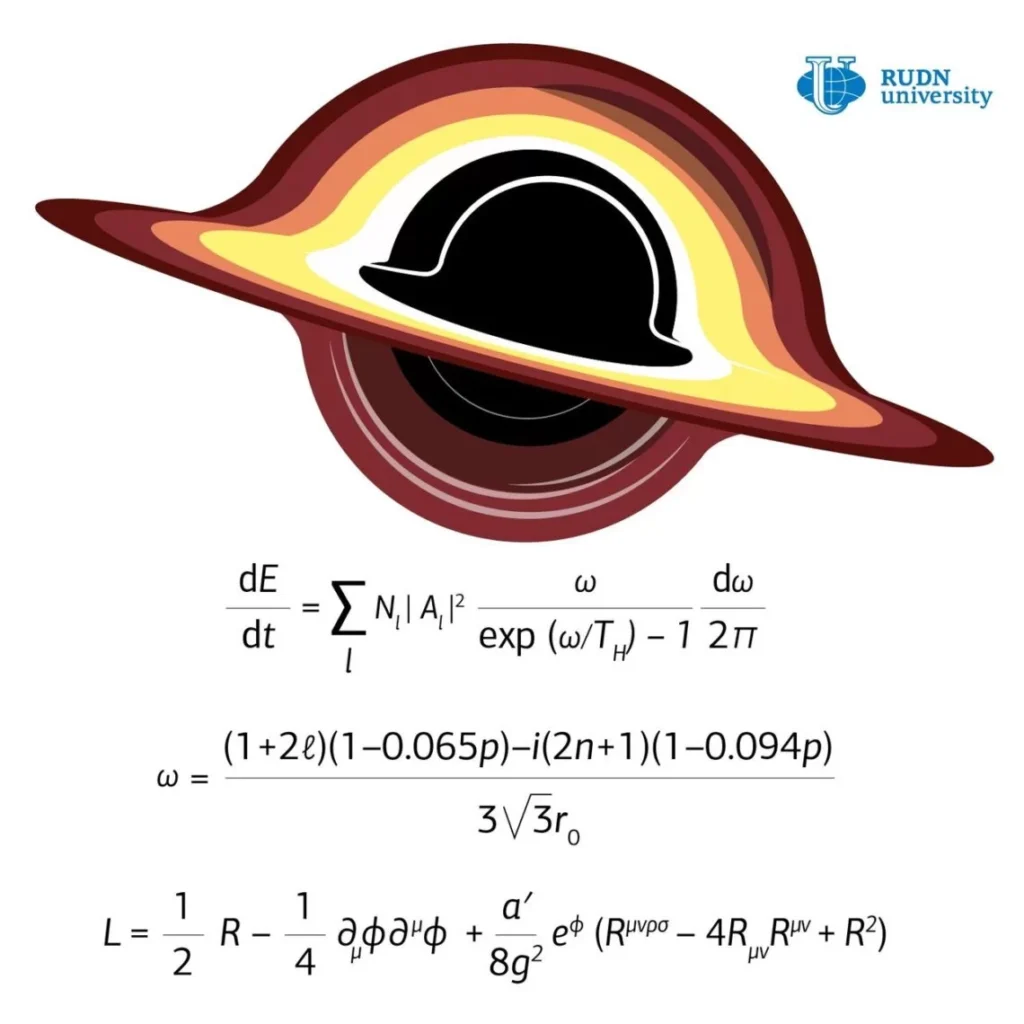Center of black hole: What lies at center of blackhole!!

Center of black hole: What lies at center of blackhole!!: When we think about black holes, one of the first images that comes to mind is that of an infinitely dense point at the center of the black hole, where a massive star collapses. This “singularity,” as it’s called, has long fascinated scientists. But is this really what we should be picturing?
What Lies at the Heart of a Black Hole? A Journey into the Mysteries of Space and Time
When we think about black holes, one of the first images that comes to mind is that of an infinitely dense point at the center of the black hole, where a massive star collapses. This “singularity,” as it’s called, has long fascinated scientists. But is this really what we should be picturing?
Actually, it’s not quite accurate to think about the center of a black hole in the traditional sense. In fact, even in the context of general relativity, when we look at the mathematical model of a black hole, a “Penrose diagram” (named after physicist Roger Penrose), we realize something astounding. The way space and time are distorted around a black hole is so extreme that they actually swap roles. The singularity doesn’t exist as a place in space at all; it’s better understood as a moment in time, and not just any moment—it’s the end of time itself.

For years, the nature of this singularity was a complete mystery, and even today, it’s something we still struggle to fully comprehend. Until relatively recently, scientists believed that the singularity posed a problem too deep to resolve, and that understanding it might remain a distant dream. But then, something revolutionary happened.
A New Revolution in Black Hole Research: Hawking Radiation
The great breakthrough in black hole research came when scientists realized that the issues at the black hole’s singularity were not the only conceptual problems; there were similar challenges at the event horizon—the boundary surrounding the black hole. The event horizon was thought to be a one-way barrier, preventing anything, even light, from escaping. However, in 1974, the brilliant physicist Stephen Hawking introduced a ground-breaking concept that changed everything: Hawking radiation.

What Hawking showed, by applying quantum theory to the black hole’s event horizon, was that black holes are not just pure geometry, as they were once thought to be. They actually emit radiation—particles that are generated at the event horizon. This discovery was nothing short of revolutionary.
Hawking described how quantum mechanics causes particles to pop in and out of existence near the black hole’s horizon. These pairs of particles, known as entangled particles, can separate. One of the particles escapes into space, while the other falls into the black hole. As this happens, energy is lost by the black hole, which causes it to shrink over time. Essentially, this means that black holes are not eternal prisons. They have a lifespan, and eventually, they could disappear entirely, leaving behind only Hawking radiation.
The Black Hole Information Paradox: Where Does Everything Go?
One of the big questions arising from this new understanding was what happens to the information about everything that falls into a black hole? According to Einstein’s theory of general relativity, everything that falls into the black hole gets crushed at the singularity, disappearing beyond our understanding. But with the revelation of Hawking radiation, it became possible that the information about everything that was sucked into the black hole could somehow be imprinted in the radiation emitted at the event horizon.
This is where the black hole information paradox comes into play. If information is lost in black holes, it would violate one of the most fundamental principles of physics: the conservation of information. According to quantum mechanics, information should always be preserved, no matter what happens to it. So if I take a book, burn it to ashes, and scatter it across the Universe, theoretically, I should still be able to reconstruct every single particle that made up the book. But when it comes to black holes, this concept seemed to break down.
The Current Understanding: No Information is Lost
Fast forward to the present, and the consensus has evolved. The general view is that black holes do not erase information. In fact, it seems possible to collect all of the Hawking radiation emitted throughout the life of a black hole and, in principle, use it to reconstruct the information about everything that once fell into the black hole. This breakthrough could ultimately lead us to a deeper understanding of the quantum nature of gravity.
The implications of this finding are profound, as they suggest that space and time themselves may not be fundamental. Some researchers now propose that space and time emerge from something even deeper—an underlying quantum structure that we have yet to fully grasp. This field of research, known as emergent spacetime, suggests that the very fabric of space and time might arise from quantum entanglement and other quantum phenomena. However, we still don’t fully understand what these deeper quantum pieces are.
Why Understanding Black Holes is Crucial for Understanding the Universe
Understanding black holes is critical not only for resolving these paradoxes but also for addressing some of the biggest questions about the nature of the Universe itself. Questions like, “Did the Universe have a beginning?” or “What is the true nature of space and time?” Before we can answer these, we need to understand the deeper structure of reality—what space and time truly are. And, as it turns out, black holes are the perfect laboratories to push our theories to their limits.
Einstein once said that if you examine nature closely enough and continue pulling at the intellectual threads, you may be fortunate enough to catch a glimpse of something deeply hidden—the underlying structure of the Universe itself. Today, black holes are helping us do just that, forcing us to explore fundamental questions about the nature of reality.
Conclusion
The mysteries of black holes may not be fully unraveled yet, but the progress we’ve made in understanding them has given us profound insights into the workings of space, time, and the Universe itself. As we continue to explore these cosmic giants, we’re not just solving puzzles about distant regions of space—we’re also uncovering the deepest secrets about the fundamental nature of everything around us.

YouTube🪪
❤️
Great share